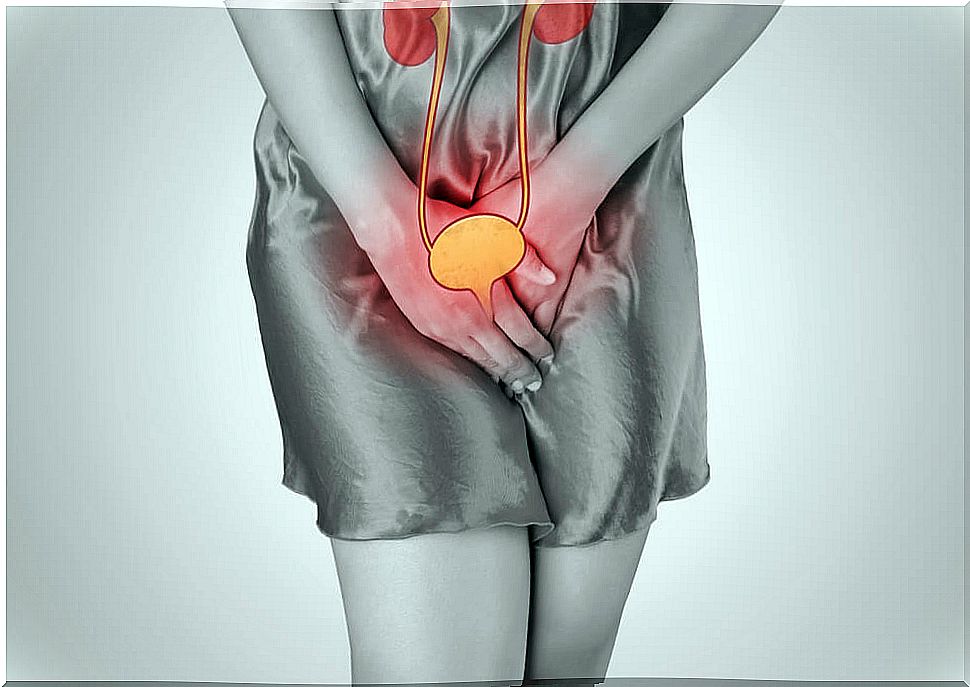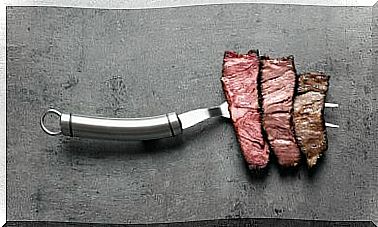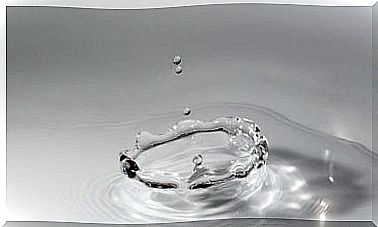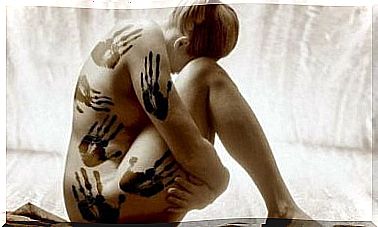What Is The Treatment For Nocturnal Enuresis?
During childhood (up to 5 years of age), urinary incontinence is a common and normal complaint, both during the day and at night. However, when it persists in later ages (that is, it becomes chronic) and occurs during the night, nocturnal enuresis can be a real discomfort for any patient, be it a child or an adult.
Next we will tell you more about nocturnal enuresis and all that it entails. Go for it!
What does it consist of?
Bedwetting is the medical term for the involuntary emission of urine. It can occur during the day, in the case of daytime enuresis, or, more commonly, at night, in the case of nocturnal enuresis.
This disorder is very common in young children, affecting 12% of 6-year-olds and 7% of 10-year-olds. It affects males more and usually disappears in adolescence. However, in a small percentage of cases the disorder continues and affects young people over 20 years of age, causing various social and psychological problems in them.
Unconscious urination is a normal phenomenon that occurs at certain stages of children’s development. Most children are not able to control their bladder and bladder sphincter before 3 years of age. During this stage, enuresis is not considered a disease as it is a normal physiological condition, due to immaturity.

However, from this age on, children learn to take control of their bladder, detecting when it is full and controlling the act of urinating. However, nocturnal control is more difficult and slow to achieve, therefore, nocturnal episodes of “bed-wetting” are very common in children up to 6 years of age.
Frequency considered for diagnosis
Currently, there is no unanimity in the diagnostic criteria for the disease, based on the frequency of the episodes.
Thus, to diagnose enuresis in a child, the criteria range from two nights a week in which the bed is wet, to one night a week or even 4 nights a month. In any case, to achieve a good diagnosis and correct subsequent treatment, it is necessary to assess each case individually.
Thus, the treatment and frequency criteria of the episodes will not be the same in children under 5 years of age, in whom the phenomenon is considered normal, than in adolescent children, in which a single episode may be enough to denote the existence of a problem.
Causes of nocturnal enuresis
Most of the time, the disorder is due solely to the fact that the child, while sleeping, does not have enough control over his bladder to detect that it is full, is not conscious, and involuntarily urinates.
In a low percentage of cases, the phenomenon is related to the existence of other types of diseases, such as diabetes or problems in the urinary system. In these cases, enuresis also occurs during the day (diurnal enuresis) and in treatment it will be very different.
Treatment of nocturnal enuresis
In many cases, the situation does not require any treatment per se. When it occurs in children under 5 years of age, it is considered a normal and temporary problem that decreases as the child grows.
However, there are certain guidelines that can be followed to help the child and decrease the episodes. These guidelines actually make up a behavioral treatment, which tries to explain the reason for the problem, both to the parents and the child, in order to minimize the disorder.
Some of the tips that can be followed are:
- Explain to the child that he need not feel ashamed of the situation. Make you see that it is a normal condition due to delayed maturation of the urinary system.
- Do not scold or embarrass the child.
- Do not wake the child at night to urinate or restrict fluid intake.
- It is advisable to establish a schedule to pee, which will help the child to have control over urination.
- Explain to the child that he should drink more fluids during the day, but reduce them as night approaches.
- The use of diapers is contraindicated, as it confuses the child and prevents him from learning to control his urination.
Only in the most extreme cases can a drug treatment be carried out. In these cases, the drugs used will be used to reduce the urge to urinate (antidiuretics) or to control sleep.
In conclusion, although nocturnal enuresis is common in young children, it is important to pay attention to it. Behavioral therapies and constant family support is decisive to overcome it. In addition, it is important to review each case with a professional, to determine if it hides other problems.









